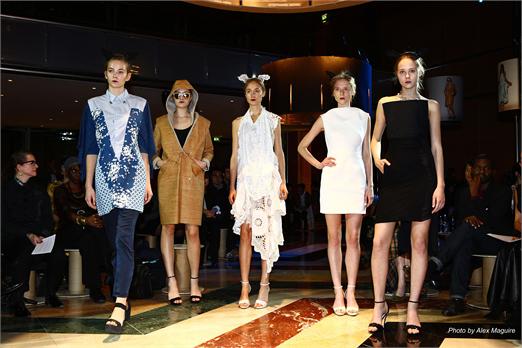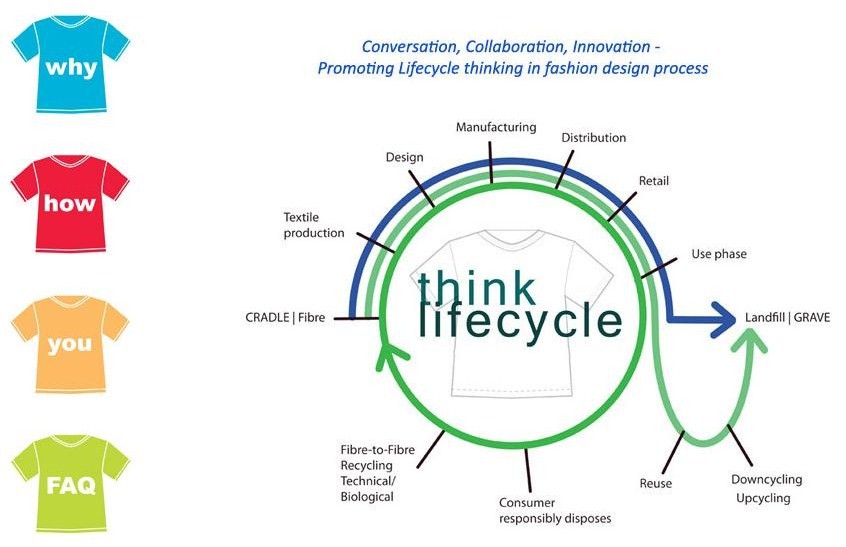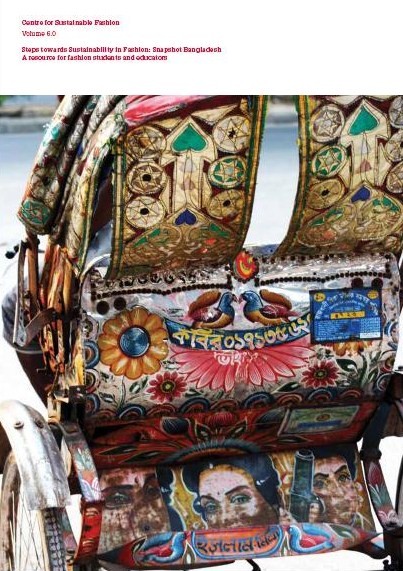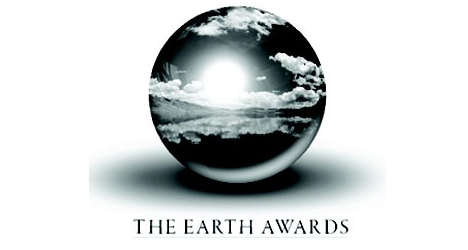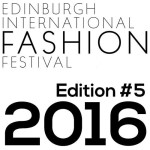 It’s festival season in Edinburgh. Depending on who you ask, the summer is either the best or worst time to be in the city. Festival season, I’ve come to learn, also equals tourist mania. This is only my third summer in Scotland, so the tourist thing doesn’t bother me at all. Besides, the city buzzes with an indescribable energy during the summer months. Not even the rain can dampen my spirits. The season brings the Edinburgh film festival, the jazz festival, the magic (!!) festival, and others, and of course the fringe festival, but it also brings the Edinburgh International Fashion Festival (EIFF).
It’s festival season in Edinburgh. Depending on who you ask, the summer is either the best or worst time to be in the city. Festival season, I’ve come to learn, also equals tourist mania. This is only my third summer in Scotland, so the tourist thing doesn’t bother me at all. Besides, the city buzzes with an indescribable energy during the summer months. Not even the rain can dampen my spirits. The season brings the Edinburgh film festival, the jazz festival, the magic (!!) festival, and others, and of course the fringe festival, but it also brings the Edinburgh International Fashion Festival (EIFF).
EIFF is in its 5th year, but this was my first time attending. I was approached to moderate a panel on ‘ethics in fashion’ and was of course happy to help. This was an EIFF initiative to bring together students from London College of Fashion (LCF) and Heriot-Watt University. The students were to design their ideal panel discussion, and Winnie Wen, a graduate student researching responsible fashion and marketing at Heriot-Watt University organised the panel on ethics in fashion.
As we know, responsible fashion — or whatever terminology you’d prefer to use or not use (ethical fashion, eco fashion, fair trade fashion, sustainable fashion, organic fashion, green fashion, etc.) — is a messy topic. It just covers so much ground. So the panel topic I wrote up cast a pretty wide net:
Fashion designers and brands are increasingly challenged to consider the social, cultural and environmental impact of their products; from designing for diversity and supporting labour rights, to protecting waterways and securing animal welfare, ethical considerations in fashion are vast and often interconnected. How can designers and brands engage with their stakeholders to better understand and support complexities at work within systems of fashion production and consumption? Exploring what it means to be ethical in fashion, this panel deals with stakeholder engagement and communication.
The panel was made up of three excellent speakers: Carry Somers, Founder of Fashion Revolution, Anna Telcs of Not Just a Label (NJAL), and Lynn Wilson, designer, educator and circular economy expert.
It was designed to focus on audience Q&A, and the audience was fantastic. The panelists were so very informed, and it felt like the discussion could have gone on for much longer.
My favourite question from the audience had to be the last one: ‘What are you all (the panelists) wearing?’ I love this question because it really drives home the mess of responsible fashion work and activism. Is there some perfect outfit to wear that will absolve us of the issues at work in the global fashion and apparel industry? Well, I say no. For me (today, at least) it’s less about individual consumption and more about education, regulations and the rule of law.[1] But for other advocates and activists, it is all about consumption patterns. And for others still it’s a little of both of these positions, or something completely different. And this got me thinking…time for a poll!
So just for fun: what are you wearing? You can select more than one option from the non-exhaustive list below!
[1] You see I say this now, but every time I go clothes shopping I end up overanalysing absolutely everything until I’ve talked myself out of buying anything at all. Hence the mess that is responsible fashion research and activism…we all still have to get dressed! Nadira and I sure did have fun exploring this tension when we took the Labour Behind the Label Six Items Challenge in 2012. My answer to the question on the day of was boots (Clarks) and trousers (Gap) from the high street, a shirt that was given to me from a friend (I don’t know the brand name), and a second-hand jacket (brand name Aritzia).

